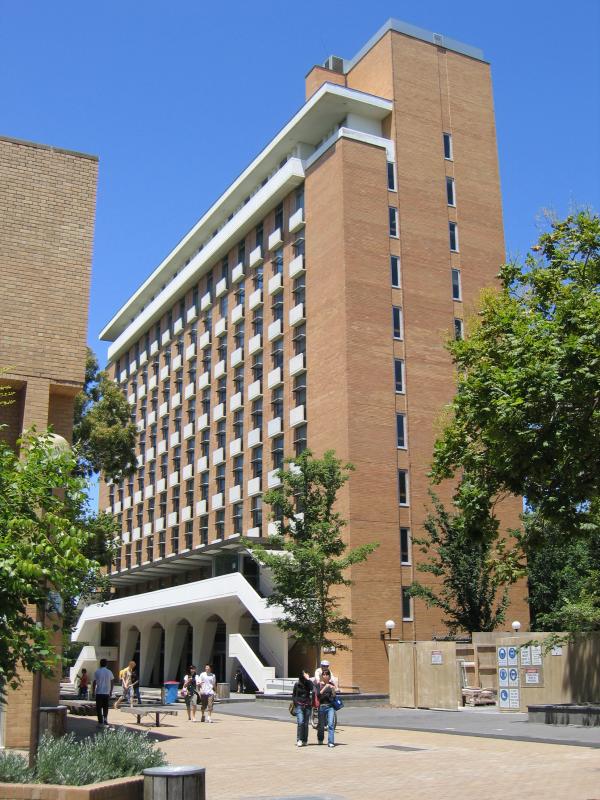|
Issue 4 (Vol 13) By Tyson Holloway-Clarke It is early in 2016. The grass was green and the representatives mean. We had a goal to get a national survey into sexual assault and harassment to be done right and taken seriously. For too long had these issues had been either swept under the rug, or belittled. It was time to move and move hard. Way up in Raymond Priestley, the UMSU representatives sat looking out across the table at the University representatives. There was tension. “When is the survey being released?” said one of us, an UMSU representative, in a demanding tone. “We have been told by the end of May,” responded the University. The UMSU side all looked at each other, “Can’t it come any faster?” said one. “It isn’t our survey, we cannot control it.” explained the University. A month passed and then another. Conversations spanned from when the survey would be released, to what would happen when it got out there. In the past, sexual assault and harassment reports and complaints had been dismissed on the grounds of statistical veracity of reporting. We needed tens of thousands from across the country to participate, where only hundreds had done so before. The University was nervous. They saw what was happening at Sydney. St Andrew’s College had been in the news constantly, and USYD was responding terribly. They were dismissive, distracted and failing to fix things. It was almost too easy for journalists to put them to the sword and push it into the public spotlight. We knew Sydney was bad, and so did everyone else. We just didn’t know how bad Melbourne was, and whether Melbourne would receive the same treatment. At UMSU we were determined to deal with this. For too long sexual assault and harassment and consensual relationships were described as radical issues. The offices of the President and Secretary and Women’s would no longer accept such complacency. We knew that the University was very nervous. We knew the colleges were terrified. We knew we had the means to pull the University in the right direction, because the alternative was to be like Sydney and no-one wanted to be Sydney. When the survey was out we asked that the results be made public. Not just Melbourne’s, but everyone’s. At first it was out of the question. There was no way that Universities Australia would go for it. Some balked at the idea of public data. Nobody was willing to entertain the risk that a ‘league table’ would outline the best and worst offenders. We held the line, and over time the University turned around. Only a few short years ago, the colleges were like the wild west, they all had their own policies and approaches to the issues. The University did not have a great deal of leverage against the colleges to bring about compliance and the colleges greatly enjoyed their autonomy. Nonetheless we pushed hard, and the colleges came to the table. We had an important ally in Dr Damian Powell of Janet Clarke Hall, who would not abide by the usual institutional obstructionism of large public entities. So our meetings changed. We wanted a university wide summit. The University wanted a much quieter path. The compromise was UMSU, the colleges, the University, Safer Communities (recently rebranded to Safer Community), and a representative from the media relations team (heavy sigh) formed a taskforce. We would more regularly convene to coordinate policy, review active and ongoing risk situations, and develop strategies to respond to the changing landscape. We were doing the damn thing. In many respects, 2016 was all too late. The sad reality is that it has taken decades too long for progress to have been made. Dignity and respect have have had to rely on bureaucratic action plans, public pressure and staying on the issue. It has not been a particularly smooth ride but I am thoroughly inspired by the many women that I have worked with in this space. My small part to play in getting some blood from the University stone pales in comparison. Be they Women’s Officers, feminist activists, journalists, academics, University professional staff or community leaders, the movement toward a better future is thanks to them. Universities and colleges around Australia are waking up and acting. Some Vice Chancellors even apologised for inaction. A bitter as it might be, better late than never. More by this author:Rest of this issue:
Comments are closed.
|
Archives
October 2022
|



